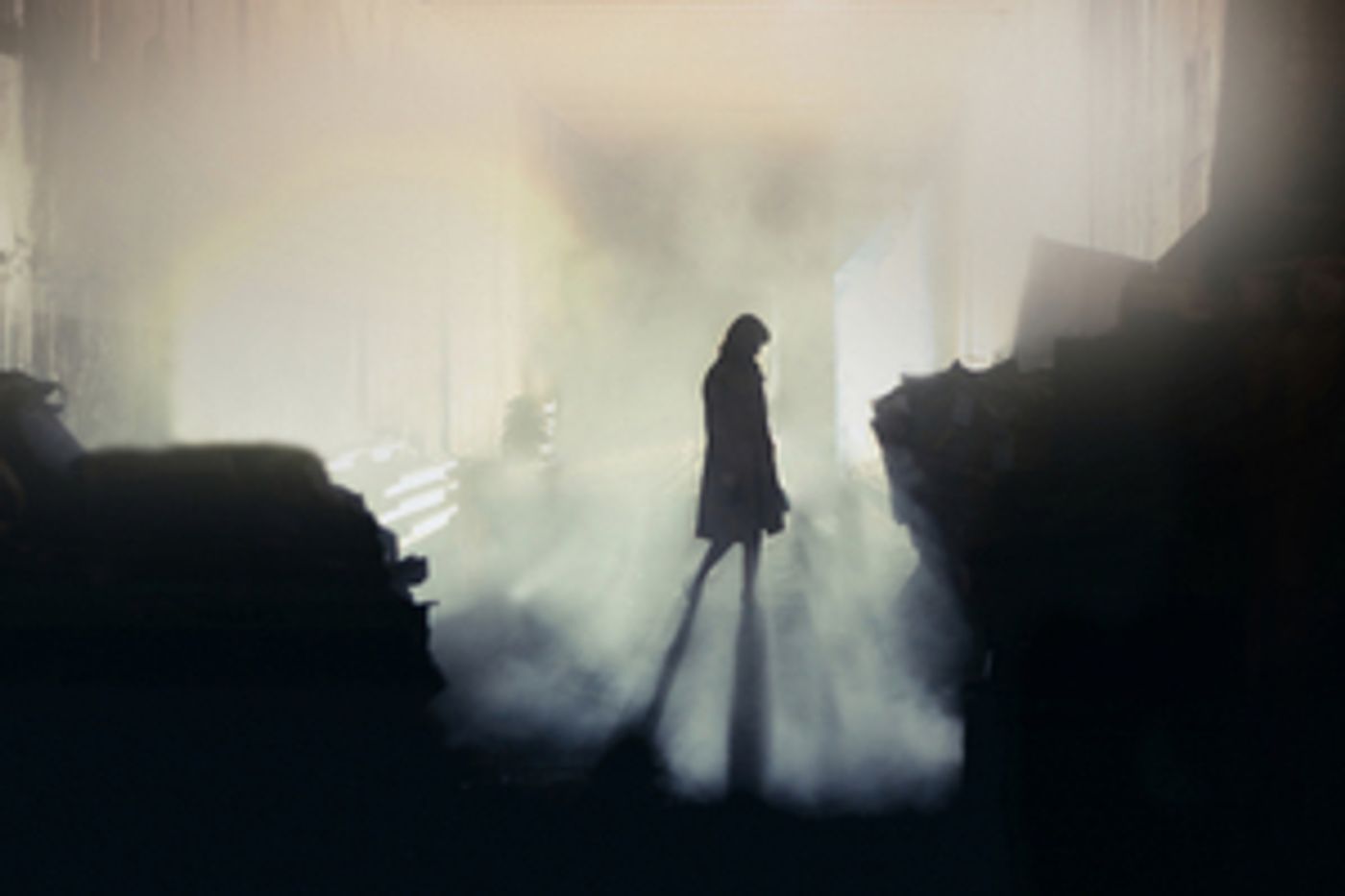New Staging of DIE WALKURE Will Be Staged at Hackney Empire This Summer
Performances run Wednesday 4 - Saturday 7 August.

Arcola's Grimeborn Opera Festival, which is returning for its 14th year, will open with a new staging of 'Die Walküre' at Hackney Empire.
Following Julia Burbach and Peter Selwyn's thrilling version of Wagner's 'Das Rheingold' in 2019, Arcola is producing the first London performances of Jonathan Dove's acclaimed reduction of 'Die Walküre' since its Birmingham premiere in the 1990s, when it caused a sensation.
'Die Walküre' features 18 live musicians from the Orpheus Sinfonia and an exceptional cast of singers led by Mark Stone, who will be singing Wotan in this country for the first time.
'Die Walküre' will run for three performances at Hackney Empire, 291 Mare St, London E8 1EJ, from Wednesday 4 - Saturday 7 August.
The first-class cast of singers features many regulars of the Longborough Festival, renowned for its Wagner productions.
Director Julia Burbach, recently of the Royal Opera House, has directed 'Die Walküre' already at Bordeaux Opera, France and will soon do so in Iceland; she is a recent nominee at the International Opera Awards.
Conductor Peter Selwyn is an experienced Wagnerian, who has worked on many Ring Cycles, at opera houses and festivals including Covent Garden, Nuremberg, Strasbourg, Longborough, and Bayreuth, the home of Wagner himself.
The Grimeborn Festival has proven that opera can be for everyone, welcoming newcomers and established fans alike. Wagner's 'Ring Cycle' is one of the most famous and sought after works in the opera repertoire. While it holds great fascination, many people have not been able to see it. This summer is now their chance with this brand new, accessible production.
The company will be presenting 'Die Walküre', the second instalment of the 'Ring Cycle', in the opulent setting of the Hackney Empire, following from our acclaimed 'Das Rheingold' at the Arcola Theatre two summers ago. Interrupted by the pandemic, but undaunted, we continue our journey towards a complete 'Ring Cycle'.
'Das Rheingold' was situated in a world of cardboard boxes, evoking the strong feelings of fragility that come with moving and being displaced. 'Die Walküre' applies this idea to the backstage world of a large warehouse, where, beset by feelings of transience and loneliness, people are searching for a safe place.
We find ourselves in a world of gods and demigods, who experience human emotions and problems we can all relate to. It is a domestic story of family relationships - father and daughter, brother and sister, husband and wife, with issues of trust, deception and forgiveness, and, most importantly, the power of love. We follow the story of the search for the elusive Ring, firstly through the eyes of reunited brother and sister Siegmund and Sieglinde, then in the journey of Wotan, King of the Gods, who appears all knowing, yet harbours deep insecurities and fears. We witness the mental decay of a powerful man, suported by his daughter Brünnhilde, who emerges as the true heroine. Recognising her father's pain, driven by love and empathy, she rescues her father, refusing to desert him even when he is destructive against himself and those he loves the most.
The young and excellent Orpheus Sinfonia forms the 18-piece orchestra, and iconic musical moments in the score include the Ride of the Valkyries (sadly without helicopters here) and the Magic Fire Music.
Videos

